The Arabian Gulf region has always attracted the attention of major powers and organizations like NATO and the European Union. The traditional reasons, which researchers have extensively discussed, include the region’s oil and strategic location, especially its key maritime routes and its role as a strategic base for competing international powers. However, the Gulf countries have also proven themselves to be strategic partners for major powers, capable of offering support during crises faced by those countries or regional security challenges. For example, during the U.S. withdrawal from Afghanistan in 2021, some Gulf states played a crucial role in evacuating foreign nationals and ensuring their safe return home. Similarly, in the aftermath of the Sudan conflict in April 2023, Saudi naval forces were instrumental in evacuating citizens and foreign nationals. Additionally, during the global financial crisis of 2009-2010, a third of the financing provided to European countries came from Gulf banks, helping mitigate the crisis. The Gulf countries have also engaged in mediation efforts in some regional and global conflicts.
This demonstrates that Gulf countries prioritize security, positioning themselves as reliable regional partners. While security and military domains remain central to Gulf-Western relations, there is also growing interest from major powers in this region, which is not new but has recently manifested in specific initiatives or partnerships aimed at regional security cooperation. These initiatives have multiplied and converged. Gulf states, as small to medium-sized nations, pursue two main objectives through international partnerships: first, ensuring that major powers maintain a regional balance of power, and second, meeting the security needs of the Gulf countries. The U.S. and its Western partners have contributed to achieving the first goal. However, as the concept of security evolves and the traditional “oil for arms” relationship changes, international competition in the Gulf has resurfaced, seen through initiatives like the Russian proposal for collective Gulf security in 2019, the Chinese Middle East security initiative in 2021, and the EU-Gulf strategic partnership in 2022, along with NATO’s 2024 strategic framework for North Africa and the Middle East, including the Gulf.
Given the importance of these initiatives, evaluating them requires examining their timing and content, as they often align with the economic interests of their proponents or the global power struggle, whether regionally or globally. This is not new to the Gulf region, where the Cold War had significant effects, such as the Soviet invasion of Afghanistan and the subsequent recruitment of fighters for “jihad.” NATO’s initiative towards the Gulf in 2004 emerged within the framework of the Greater Middle East concepts, among other initiatives driven by the interests of major powers.
While acknowledging the importance of these initiatives, the Gulf region remains one of the most receptive areas for international cooperation. However, a critical question arises: do the contents of these initiatives align with the current security needs of Gulf states, considering regional developments? Recent events have shown that Gulf states still require global security partners to practice deterrence and protect their vital interests, including addressing maritime security threats like those in Bab al-Mandeb and the Red Sea. Gulf states’ limited naval capabilities necessitate alliances to manage these threats. In my opinion, there are five key requirements for any successful international partnership with Gulf countries. First, partnerships must meet the security needs of Gulf countries, going beyond traditional arms purchases to include military technology and increased military readiness to handle disasters and crises, such as the potential for cyberattacks on civilian or military facilities. Second, partnerships must provide “added security value.” For instance, when NATO launched the Istanbul Initiative in 2004 for partnership with the Gulf, the concept of added security value was central. The question was: if the main NATO countries already had security agreements with Gulf states, what could NATO offer? NATO responded by outlining selective areas for security cooperation, including soft security measures such as training and consulting.
Note: This article has been automatically translated.
Source: Akhbar Al Khaleej
Dr. Ashraf Keshk, Senior Research Fellow


